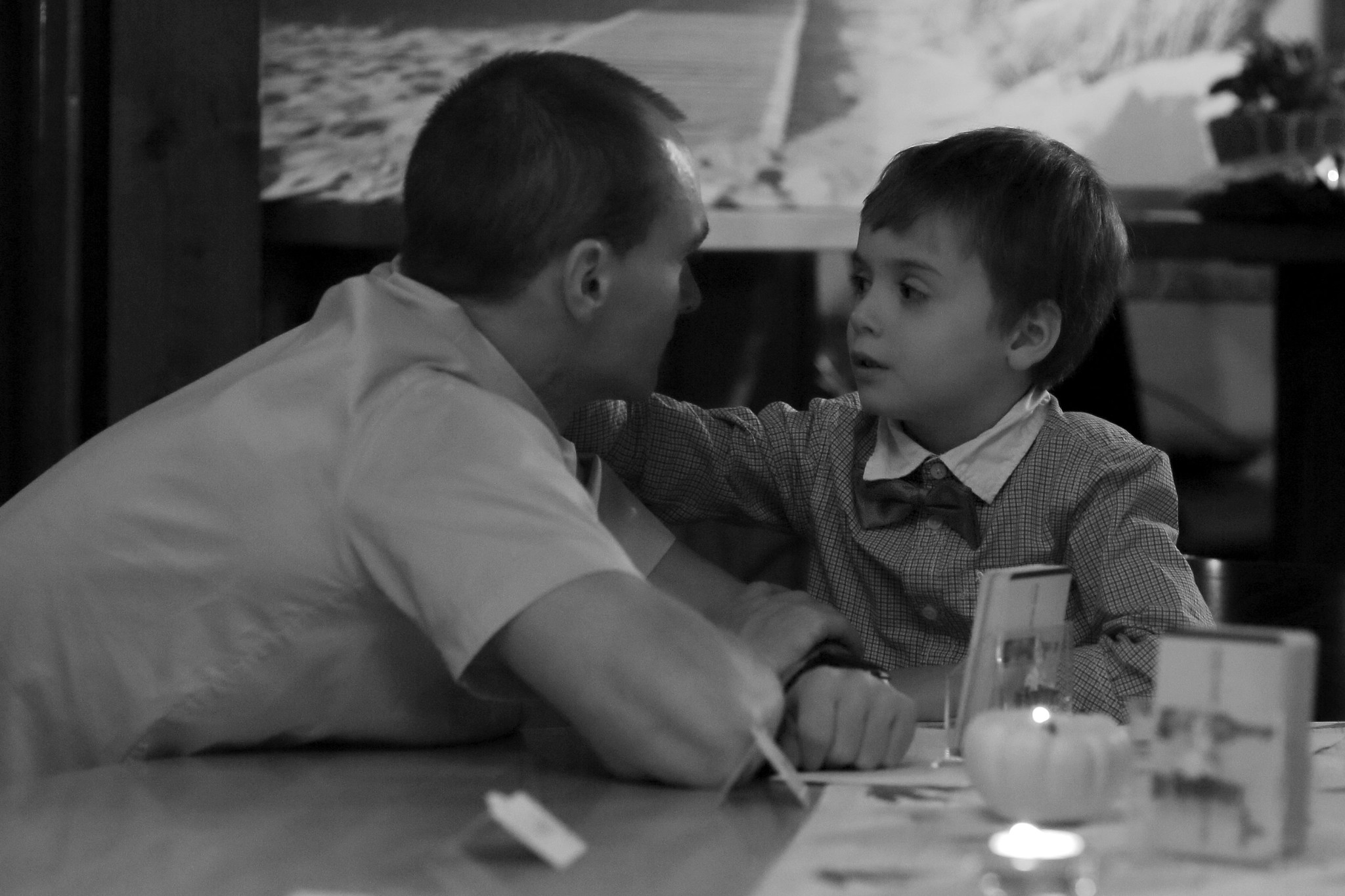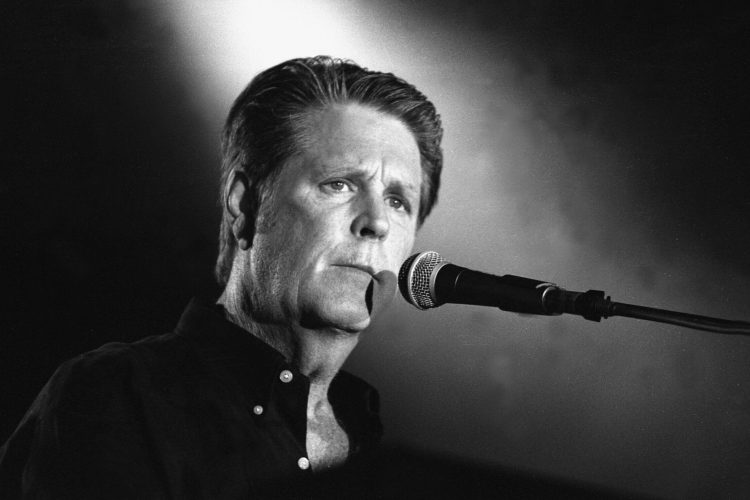
A few weeks ago, after a rare torrential rainstorm, my 16-year-old son and I pulled out a ladder to check one of the gutters on our house for a blockage. After setting up the ladder, my son, whose courage has always outstripped his caution — much to his mother’s chagrin — scampered up, cleared the blockage of leaves and other debris, and came back down. It all took less than 60 seconds.
A normal man would have thanked his son, helped to put away the ladder, and moved on with his day. Not me. Instead, I felt compelled to slowly climb the ladder and see the insides of the gutter for myself. I did this not because I distrusted my son’s efforts, but because I had to prove that, at 51, I could still keep up with him and that my role in managing basic household tasks was still viable.
Feeling this compulsion, I think, is the key difference between being a father and being a dad. America’s children need both in their lives if they are to grow up strong and healthy.
The Father Is the Source of Order and Discipline
Traditionally speaking, the father represents authority and stability. His efforts outside the home, whether in the fields or in the office, provide shelter, food, and clothing to his family. In return for this labor, he is granted authority over the family, especially when it comes to disciplining children, as is evident from the instant fear when the mother utters the dreaded phrase, “You wait until your father gets home!”
Some cultures took this authority to extremes. In ancient Rome, the paterfamilias,“father of the family,” had absolute power over every family member under him, to the point that he could sell his own children into slavery (though no more than three times, according to the Twelve Tables). He could even execute his own children if he believed they had dishonored the family name, as Lucius Junius Brutus, the founder of the Roman Republic, did to two of his sons who had conspired to return the last king of Rome to power.
The Bible adds a spiritual dimension to a father’s authority. In Luke 2:51, the 12-year-old Jesus, the incarnation of God Himself, humbly subjects himself to the just power of his earthly father Joseph, demonstrating the ultimate example of the fourth commandment.
Fathers ultimately model God’s authority on earth; while they stand against the evils in the world, they also teach their children to kneel before our Father in heaven.
The Dad Is the Teacher and Companion
The dad is the necessary complement to this remote figure of authority. While the father commands that chores be done, the dad shows his child how to do them well and with joy. The father brings home the food for dinner, but the dad teaches his kids how to grill the perfect burger and initiates them into the mysteries of the “five-second rule.”
It’s the dad who will let his daughter braid his hair and then will try (sometimes unsuccessfully) to keep up with his son during an evening bike ride. A dad who came of age with Pac-Man and Street Fighter II will happily embarrass himself trying to play modern video games with his kids.
When it comes to building and fixing, the dad will share his tools, even if they get misplaced, as well as his knowledge, even if that knowledge came five minutes ago from YouTube. When misfortune strikes (as it often does during such projects), it will be the dad who takes the sting out of it with a well-timed pun. (They’re not called “dad jokes” for nothing.)
Kids Need the Powerful Combination of Father and Dad
America is currently suffering the effects of lacking both fathers and dads, due in no small part to decades of feminist rhetoric degrading men because of their “toxic masculinity.” The data, however, doesn’t lie: The close correlations between juvenile crime, child poverty, and lack of fatherly authority in the household (especially in the African-American community) have become a cliché.
The lack of dads is harder to quantify, but these gentler aspects of male parenting are vital to the health of children. Though not an official diagnosis, “daddy issues” are regarded as a major cause of multiple psychological issues, especially among young women.
If the feminization of men (and therefore fathers and dads) continues unchecked, we can expect to see the patterns of mental health crisis established in Gen Z continue into future generations. Restoring the father’s authority and combining it with the dad’s love will resolve the crisis by ensuring that our sons understand true masculinity and our daughters understand how men should treat them.
This Sunday, if you happen to have a parent who is both a father and a dad, make sure to tell him you appreciate him. If you struggle with balancing the two (and I think most of us do at least a little), recommit to doing so: Climb that ladder that you have no business climbing, and have a good laugh over it later.
Robert Busek is a Catholic homeschooling father of six who has taught history and Western Civilization in both traditional and online classrooms for over twenty years. His essays have also been published in The American Conservative and The American Spectator. The views he expresses here are his own.


